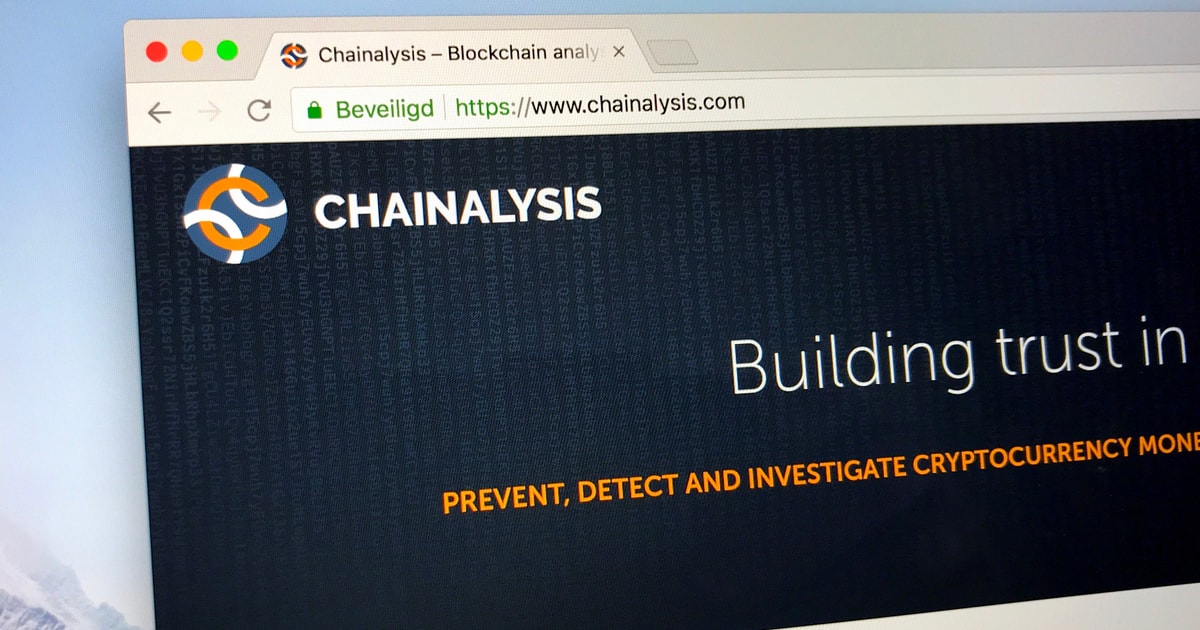Microsoft Targets Cybercrime with Chainalysis: Insights from Maurice Mason
Joerg Hiller Sep 16, 2025 18:47
Microsoft's Digital Crimes Unit, aided by Chainalysis tools, disrupts a major phishing operation targeting Office 365, marking a pivotal integration of cryptocurrency tracing in its cybercrime efforts.

Microsoft's Legal Action Against Phishing Platform
Microsoft's Digital Crimes Unit (DCU) has taken significant action against a notorious phishing platform, RaccoonO365, as part of its ongoing efforts to combat cybercrime. The operation, known for selling phishing kits targeting Microsoft Office 365 users, has been active since July 2024. According to Chainalysis, the group, led by Nigeria-based Joshua Ogundipe, has marketed its services on Telegram, amassing over 800 members and receiving at least $100,000 in cryptocurrency payments. The Southern District of New York granted a court order allowing Microsoft to seize 338 associated websites, disrupting the group's operations.
Understanding Phishing-as-a-Service
Phishing-as-a-service (PhaaS) involves the sale of ready-made phishing kits, enabling even non-technical users to conduct credential-stealing attacks. RaccoonO365's model lowers the barrier to entry for cybercrime, allowing individuals without technical expertise to target victims. These kits function as "how-to" guides for cybercriminals, facilitating widespread fraud and data theft.
Cryptocurrency's Role in Cybercrime
This case marks the first time Microsoft has included cryptocurrency tracing in a civil action. The DCU utilized blockchain analysis to attribute illicit activities to specific individuals. By employing tools like Chainalysis Reactor, the team identified the exchanges used by the threat actors to convert their gains, highlighting the importance of cryptocurrency analysis in modern cybercrime investigations.
Collaborative Efforts to Combat Cybercrime
Microsoft's efforts are not isolated. The DCU collaborates with international law enforcement and cybersecurity partners to dismantle cybercrime infrastructure. The case also underscores the importance of public-private partnerships, as Microsoft worked alongside Health-ISAC, a non-profit focused on cybersecurity in the health sector. This collaboration is crucial in addressing the global nature of cybercrime.
Lessons for the Crypto Community
The DCU's investigation offers valuable insights for the crypto community. Key takeaways include the necessity of following cryptocurrency transactions to uncover criminal activities, the opportunities arising from operational security mistakes by threat actors, and the critical role of public-private partnerships in addressing cybercrime.
By tracing cryptocurrency transactions and exploiting operational security errors, investigators can link illicit funds to known exchanges and individuals. The case demonstrates the need for ongoing collaboration across sectors to effectively combat cybercrime and protect users globally.
For more detailed information, visit the Chainalysis blog.
Image source: Shutterstock
.jpg)